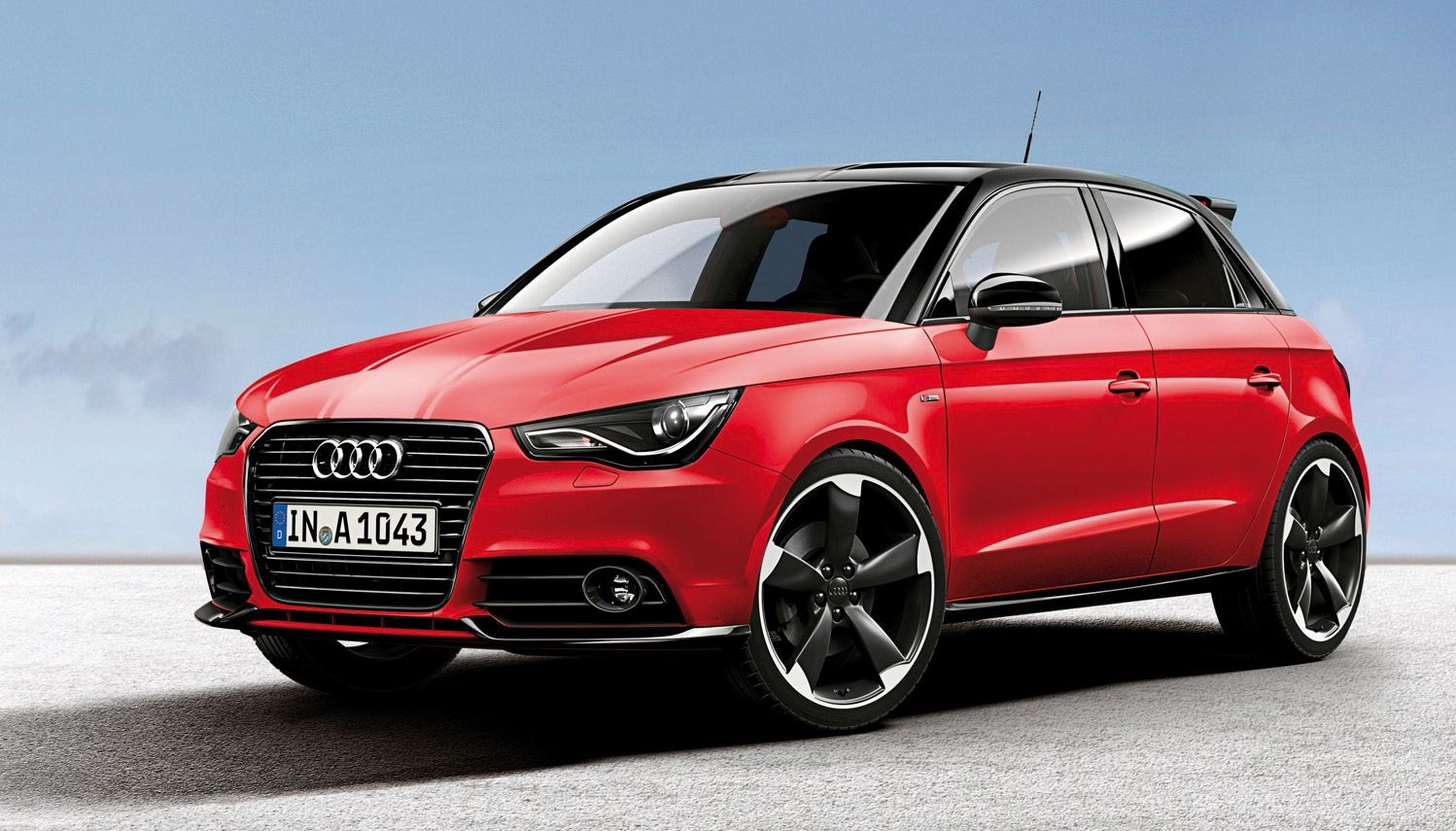Record heat has raised more than temperatures this summer, as the nation struggles to retain its cool. Just as heat takes its toll on people and electric bills, it also impacts car reliability and safety. By some accounts, tire blowouts are on the rise, creating dangers for travelers. But you can reduce this risk, if you follow some simple maintenance tips.
For example, just having your tires properly inflated will go a long way to avoiding such failures. Tire pressure is the life-blood of any tire; An under-inflated tire generates more heat due to excessive sidewall flexing, adversely effecting handling and fuel economy. Also, the tires will wear out faster.
Hot weather exacerbates heat build-up and weakens the tire, potentially leading to abrupt and sometime catastrophic failure. On a hot 90-degree day at our track, surface temperatures easily exceed 150-degrees. Think about what your tires are experiencing while you’re enjoying the drive in a cool air-conditioned car.
The correct air pressure will help keep your tires’ temperature down within the serviceable range. The key here is using the correct inflation pressure. Based on our experience and a number of industry surveys, most tires are not inflated correctly. Those that are under-inflated are typically the result of no or infrequent pressure checks. However, some consumers go the other way when they over-inflate their tires using the sidewall rating—that’s the maximum pressure and the not service pressure as defined by the vehicle manufacturer, which is typically listed on a driver’s door jamb placard.
To get the optimal performance out of your tires, we suggest you follow these simple steps:
1. Check the inflation pressure in each tire (and the spare) when the tires are cold or have sat more than three hours.
2. Inflate the tires to the recommended setting outlined on the tire information placard found most often on the driver’s door jamb and/or the vehicle owner’s manual.
3. Check the tires monthly. Tires will typically lose up to 1 psi per month, and pressure drops about 1 psi for every 10-degree drop in air temperature.
4. Buy a good tire gauge. It’s also a good idea to buy a portable compressor that works off of your car’s power outlet; these are available in many auto parts stores. (See our tire pressure gauge ratings.)
5. Tires also lose air to common punctures, so if you find you’re always adding air to one particular tire, it might have a slow leak. Have it checked out at a service garage.
Follow these tips and you and your tires can stay cool through the remainder of the summer.
If you are a vehicle enthusiast and your vehicle has some other problems, why not buy vehicle diagnostic tools from our website, and then diagnose auto malfunctions all by yourself. These vehicle diagnostic tools are: Autel MaxiDAS® DS70, Autel MaxiDiag Elite MD802, Autel MaxiSys MS 908, and so on.

Keep your car tires cool in summer heat
by
Tags:

Leave a Reply